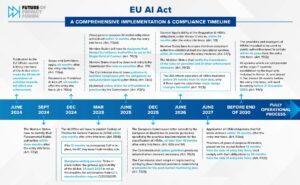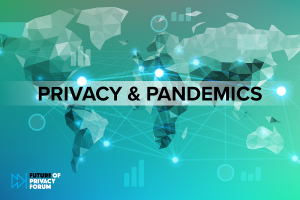Big Data: Will We Be Judged By The Tin Man?
Big data, the enhanced ability to collect, store and analyze previously unimaginable quantities of data in tremendous speed and with negligible costs, delivers immense benefits in marketing efficiency, healthcare, environmental protection, national security and more. While some privacy advocates may dispute the merits of sophisticated behavioral marketing practices or debate the usefulness of certain data sets to efforts to identify potential terrorists, few remain indifferent to the transformative value of big data analysis for government, science and society at large. At the same time, even big data evangelists should recognize the potentially ominous social ramifications of a surveillance society governed by heartless algorithmic machines.
In Judged by the Tin Man: Individual Rights in the Age of Big Data, Omer Tene and I present some of the privacy and non-privacy risks of big data as well as directions for potential solutions. In a previous paper, we argued that the central tenets of the current privacy framework – the principles of data minimization and purpose limitation – are severely strained by the big data technological and business reality. Here, we assess some of the other problems raised by pervasive big data analysis. In their book, “A Legal Theory for Autonomous Artificial Agents,” Samir Chopra and Larry White note that “as we increasingly interact with these artificial agents in unsupervised settings, with no human mediators, their seeming autonomy and increasingly sophisticated functionality and behavior raise legal and philosophical questions.”
In this article we argue that the focus on the machine is a distraction from the debate surrounding data-driven ethical dilemmas, such as privacy, fairness and discrimination. The machine may exacerbate, enable, or simply draw attention to the ethical challenges, but it is humans who must be held accountable. Instead of vilifying machine-based data analysis and imposing heavy-handed regulation, which in the process will undoubtedly curtail highly beneficial activities, policymakers should seek to devise agreed-upon guidelines for ethical data analysis and profiling. Such guidelines would address the use of legal and technical mechanisms to obfuscate data; criteria for calling out unethical, if not illegal, behavior; categories of privacy and non-privacy harms; and strategies for empowering individuals through access to data in intelligible form.
Many of the leading academics in the U.S. will be convening on September 10 in Washington to debate strategies to reconcile Big Data and Privacy. Wish us luck!
-Jules Polonetsky. First published as a LinkedIn influencer post. Photo: Michal Zacharzewski, SXC



